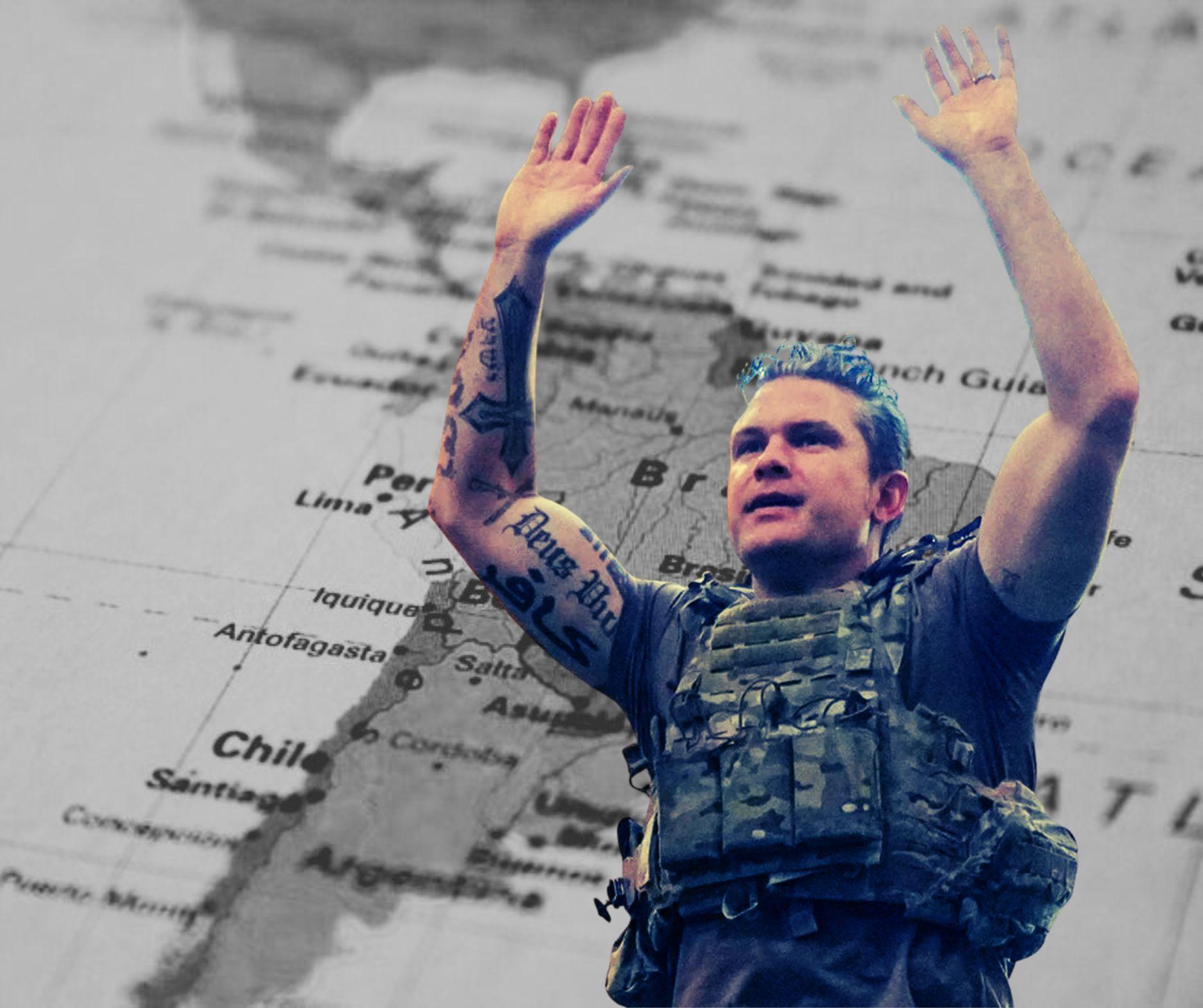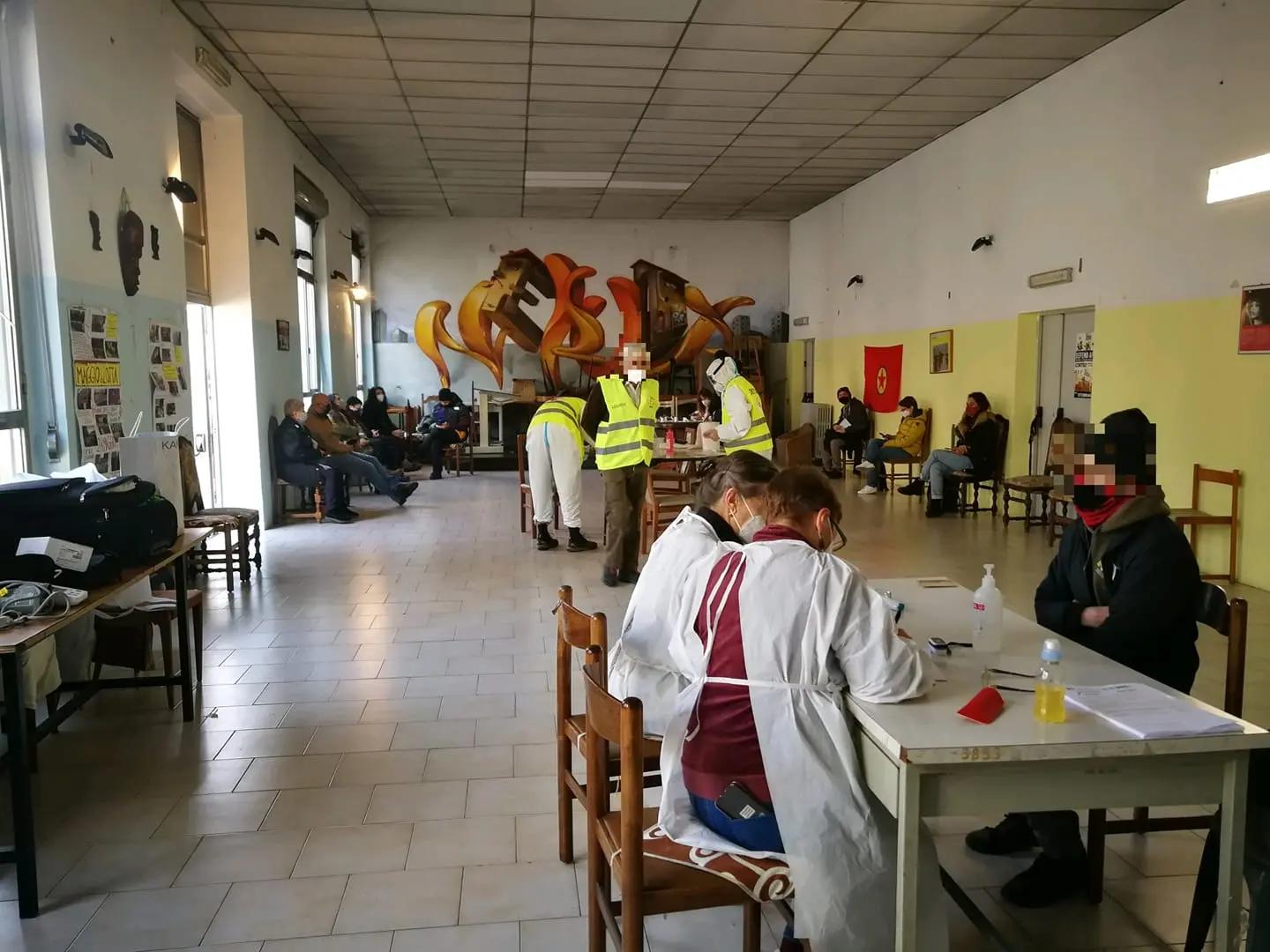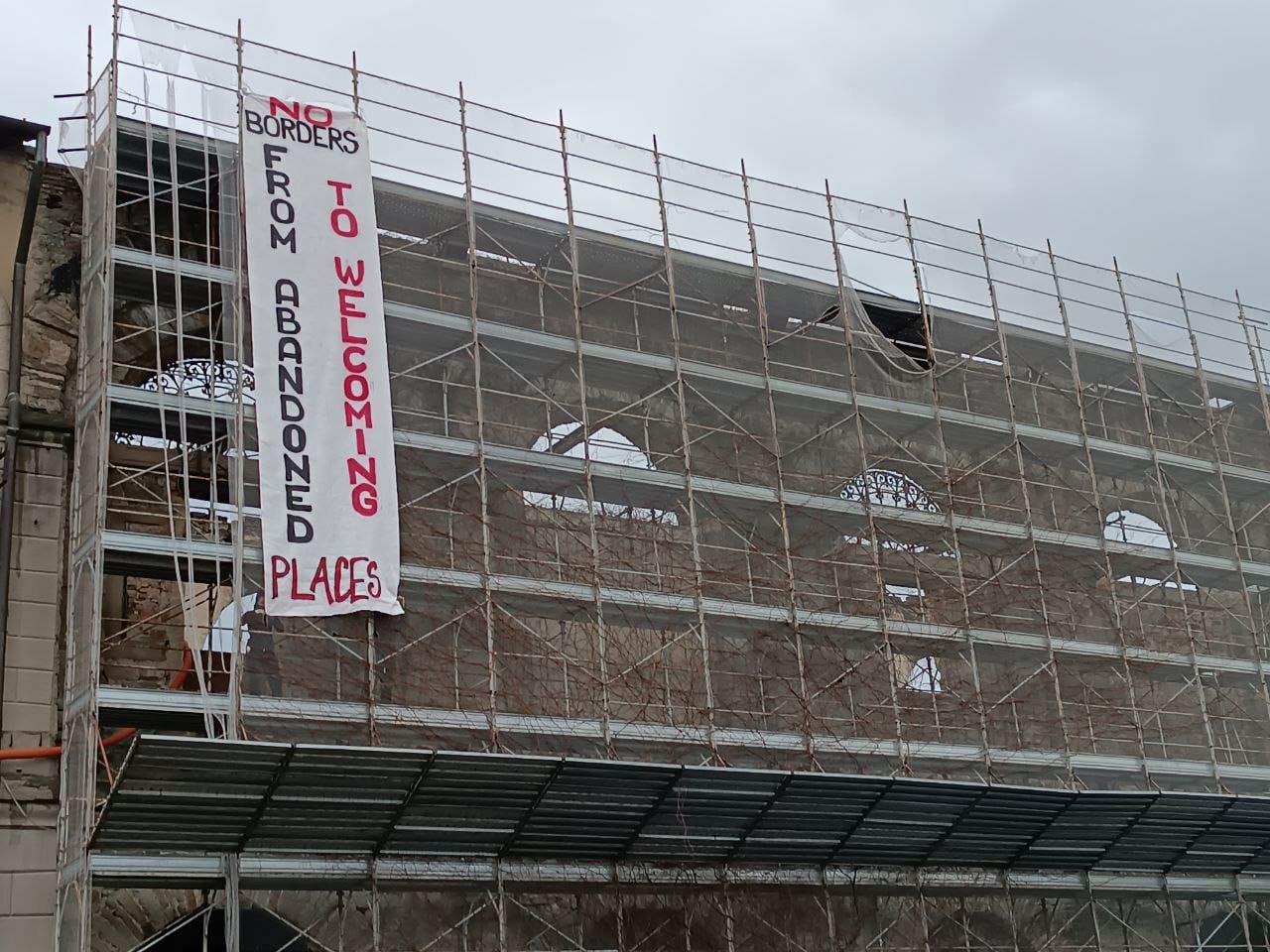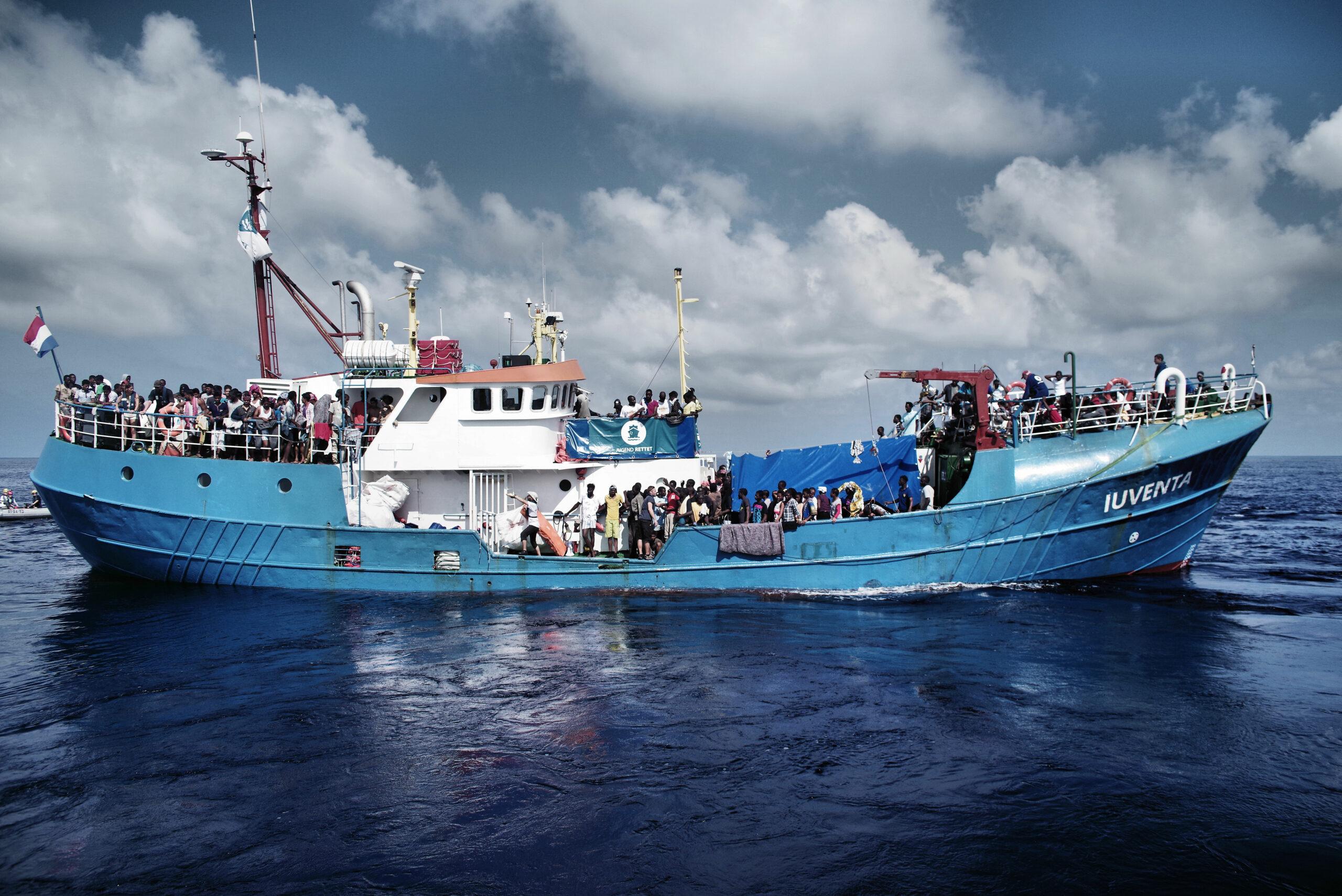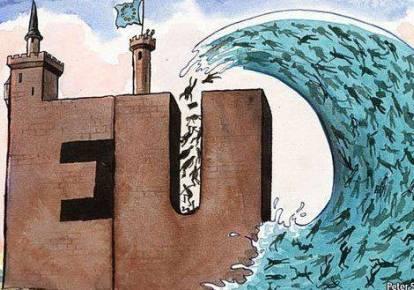
The bare life that drowned in the Mediterranean Sea

True horror has the strength to annihilate the capacity of expression of who suffers from its impact. It is a relation with grief that leaves us speechless and makes it impossible for us to contextualise an event. The political sphere sounds immediately obscene and false, and the only human reaction seems that of pure empathy, which expands the dimension of the massacre to one of tragedy. Respect for the victims contrasts with the oblivion of those responsible.
The foundation of the State is in the capacity of the sovereign power to kill without committing murder. In this way the massacre of April 19 is a radically political one. At the base of modern democracy there is not the citizen, but man, who, reduced to a bare life, as such, can be killed without consequences. Many mainstream commentators, the same ones who invite Salvini to daily grunts on TV, declare themselves to be shocked by the sickening comments that cheer for more sunken rafts. To use the interpretation of racism in order to qualify a position that simply puts into words the dirty secret at the foundation of our “civilization” is, without a doubt, too reductive. We live in a world that makes the migrant “a thing” beyond the sphere of human – and that therefore, as such, can or even must be killed. We reason about what happens off the Italian coast as an episode that doesn’t represent an aberration of the European experience. It is a massacre that displays the true nature of Western power that, in these times of generalized chaos, increasingly shows itself in its harshness: a system of domination that makes death its starting and finishing point.
Episodes of this kind never open up spaces for progressive politics. On the contrary, they regularly are the basis of new “humanitarian wars”, in order to further dump the costs of frontier management (even by outsourcing the asylum procedures directly to Northern Africa) and to further militarise the borders. Today, the technical means that allow the rapid and safe crossing of a sea such as the Mediterranean do exist. There are however laws that attempt to prevent this banal act, thereby turning it into a mortal endeavour. Without a doubt, it is not the people smugglers – against whom Matteo Renzi cast his anathema on March 20 – who daily invent and implement them. They are the assassins. Exactly those very people who are taking the floor today to comment on the massacre, from the supervisor who, with his body, defends an imaginary line to the politician that approves measures to prevent the legitimate freedom of movement.
The political debate is now about a naval blockade and greater controls or raids on the coasts against the “slave masters”. Everyone agrees about the need of restoring a framework of order and legality in order to prevent further “tragedies”, and subtly make the issue shift: from how to save migrants to how to condemn them to stay where they are. The two-pronged nature of the law makes it a tool that establishes a violence while preserving another. Regardless which concrete measures Europe, summoned by Matteo Renzi, will implement, they will inevitably have two effects: on the one hand, that of establishing a new violence through the militarization of borders; on the other hand, that of preserving the violence experienced by humanity fleeing from wars and poverty, definitively preventing it from reaching the European coasts.
Ti è piaciuto questo articolo? Infoaut è un network indipendente che si basa sul lavoro volontario e militante di molte persone. Puoi darci una mano diffondendo i nostri articoli, approfondimenti e reportage ad un pubblico il più vasto possibile e supportarci iscrivendoti al nostro canale telegram, o seguendo le nostre pagine social di facebook, instagram e youtube.











